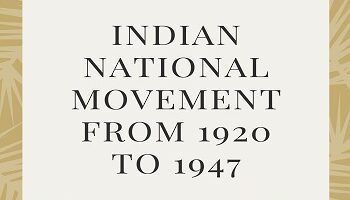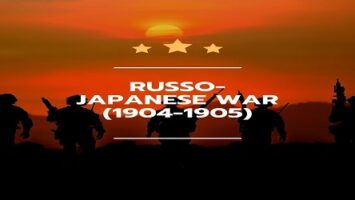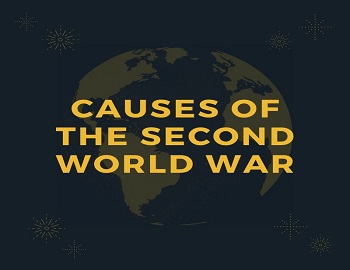Failure of the Treaty of Versailles and World War II:
As soon as the Treaty was concluded, Marshal Foch, the French General remarked, “This is not a peace. It is an armistice for twenty years”. And exactly after twenty years, World War II broke out. It was not a prediction by an astrologer, but an analysis by a farsighted person who understood the conditions.
It is said that this Treaty contained the seeds of World War II. It had become difficult for a self-respecting nation like Germany to comply with the harsh and humiliating terms and conditions of the Treaty. Agburger of the Catholic Centre Party of Germany said at the time of the armistice, “The German race will suffer but not die”. The Treaty of Versailles filled the elderly German citizens with depression and despondency but excited the youth and the soldiers to redeem the fatherland. They anxiously looked forward to a reader who would absolve the country from dishonor and regain the lost glory of the German nation. Taking advantage of this revengeful temperament of the people, Hitler raised the alluring slogan of the retrieval of German national glory and won them over to his side. They greatly like the extremist programme of the Nazis and the slogan “Down with the Treaty of Versailles”. In the next few years, all the clauses and enactments of the Treaty of Versailles were either amended or violated with the connivance, indifference, or interference of the Allied Powers and Germany left no stone unturned in flouting its various sections. There is no exaggeration in saying that there is no Treaty in the world that was amended and twisted so quickly.
The first part of the Treaty was amended when Germany was admitted to the membership of the League of Nations in 1926. The seventh part regarding the war culprits was never implemented properly. German Emperor William II and many other war culprits could never be punished. The eighth part relating to war indemnity was first amended and then totally dropped with the passage of time. Some other Commissions and Committees also reduced the amount of damages. In 1935-36, Hitler violated all the provisions of the Fith part relating to the disarmament and reduction in the strength of the German army. Gradually all other sections of the Treaty were either overlooked or violated.
There is no doubt that to some extent the Treaty of Versailles was responsible for World War II but equally responsible was the mutually contradictory attitude of the Allied Powers and their policy of not enforcing the terms and conditions of the Treaty strictly. The policy of appeasement followed by England and France also sowed the seeds of World War II. Hitler’s ambitions could be curbed in 1936 when he violated the clause relating to the demilitarisation of the Rhineland. But the neglect, indifference, cover support, and helplessness shown by the Allied Powers only encouraged Hitler. Then before the Second World War broke out, several new historical phenomena had arisen, new developments and events thronged the stage of the world and all these made the war inevitable.









Comments (No)